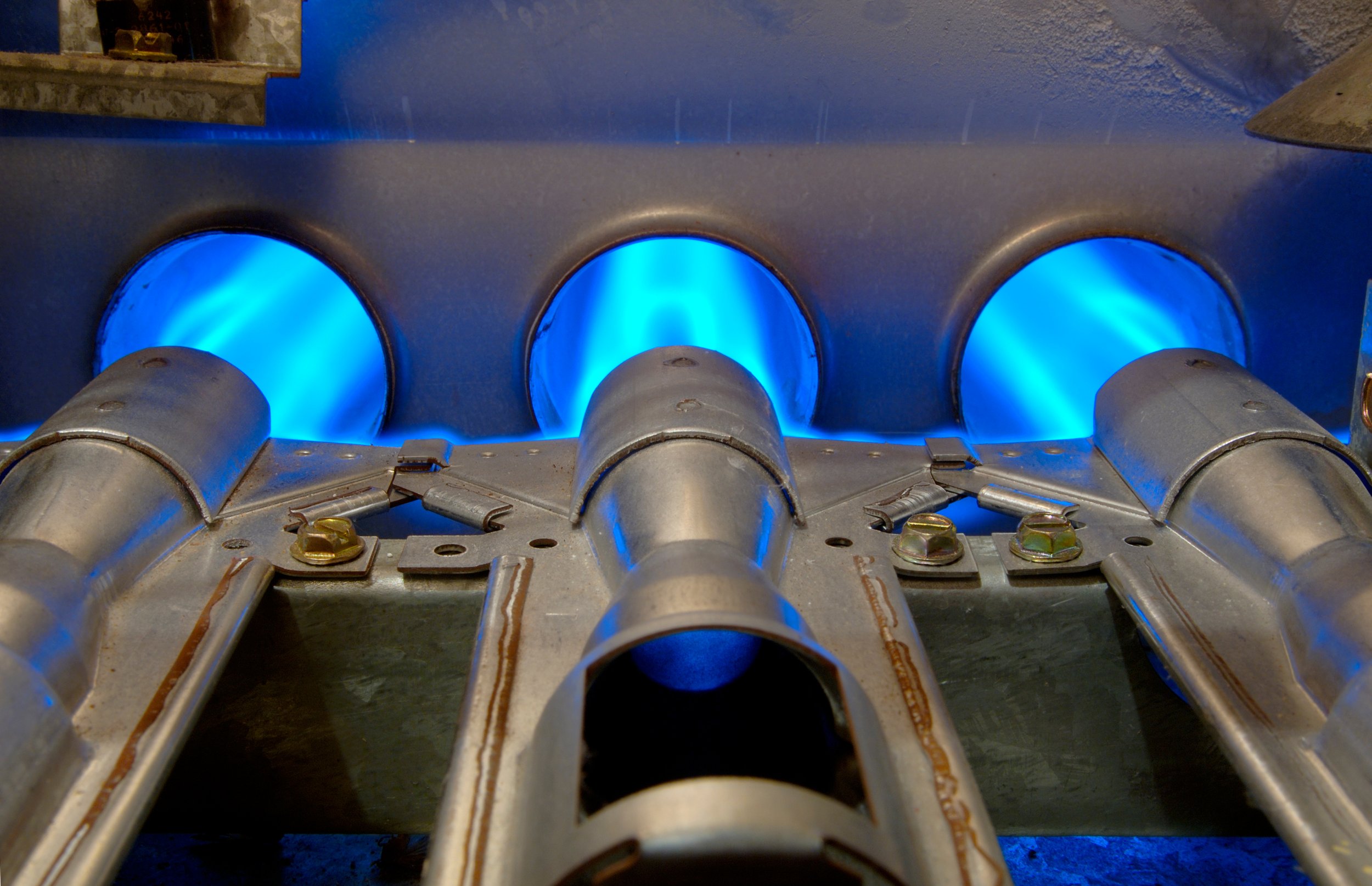High Efficiency Gas Furnaces: A Simple Guide for Homeowners
Whether you're a new homeowner or just someone who's curious about the heating system in your house, understanding gas furnaces can be essential. Miller's Heating & Air, serving Vancouver, WA, Portland, OR, and the surrounding areas, brings you a comprehensive guide to help you understand this popular home heating solution.
How Does a Gas Furnace Work?
At its core, a gas furnace is a heating system that uses natural gas or propane to warm up the air in your home. The working mechanism is straightforward:
Ignition: When the temperature in your home falls below the setting on your thermostat, the furnace gets a signal to start. Modern furnaces have electronic ignitions, while older models may rely on a pilot light.
Gas Combustion: Once ignited, the gas combines with air and is burned in the combustion chamber. This process produces heat.
Heat Exchange: The heat created from gas combustion then moves to the heat exchanger. The exchanger warms up the air that circulates around it.
Air Circulation: Your home's blower fan pushes cold air over the now heated exchanger. This warmed air is then circulated throughout your home through the ductwork.
Exhaust: Post combustion, gases that are produced (like water vapor and carbon dioxide) are safely vented outside your home.
The efficiency of this process has greatly improved over the years, leading to the rise of high efficiency gas furnaces.
High Efficiency Gas Furnace: Worth the Investment?
One of the hottest topics (pun intended) in the heating world is the high efficiency gas furnace. These furnaces have an Annual Fuel Utilization Efficiency (AFUE) rating of 90% or above, which means they convert 90% (or more) of the fuel they consume into heat.
Why should you consider a high efficiency model?
Cost Savings: Although the initial investment can be higher, a high efficiency gas furnace can significantly lower your monthly energy bills, making up for the upfront cost over time.
Eco-friendly: With a higher AFUE rating, less fuel is wasted, which means fewer emissions. This makes high efficiency models a more environmentally friendly choice.
Better Performance: These models often come with features like variable-speed blowers and two-stage burners that provide more consistent and comfortable heating.
How Long Does a Gas Furnace Last?
It's a common question: How long do gas furnaces last? On average, a well-maintained gas furnace’s life expectancy between 15 to 20 years. However, the lifespan can be influenced by several factors:
Maintenance: Regular check-ups and timely repairs can significantly extend the life of your furnace.
Usage: A furnace that's used continuously or in harsher climates may have a reduced lifespan.
Installation: Proper installation by professionals, like the team at Miller's Heating & Air, ensures your furnace runs optimally and lasts longer.
Exploring Other Heating Options and Important Considerations
Beyond gas furnaces, there are other methods of heating your home to consider. Miller's Heating & Air, your trusted expert in HVAC systems, is here to shed light on other heating system options and important things homeowners should know.
Other Home Heating Methods
Heat Pumps: A popular alternative, heat pumps function both as a heating and an air conditioning unit. They pull warm air from outside during winter and reverse the process for cooling in summer. Heat pumps are highly energy efficient and can help reduce your energy bill, especially in milder climates.
Oil Furnaces: These use oil as a fuel source to produce heat. While oil furnaces can deliver very warm air, they often require a separate storage tank and can be pricier to run than gas furnaces.
Electric Furnaces: Unlike gas and oil furnaces, electric furnaces use electricity to produce heat. They're smaller and less expensive to install but can lead to a higher energy bill in areas where electricity costs are high.
Maintenance and Safety Tips
Air Filter: One of the essential parts of any furnace or HVAC system is the air filter. A clean air filter ensures the efficient flow of warm air, improves indoor air quality, and extends the system's life. It's crucial to check and replace your air filter regularly.
Carbon Monoxide (CO): Gas and oil furnaces can produce carbon monoxide, a colorless and odorless gas that's dangerous if it leaks into your home. Installing CO detectors and ensuring your furnace's exhaust system works well is paramount for safety.
Regular Maintenance: No matter which heating system you choose, regular maintenance is vital. A well-maintained system runs more efficiently, saving you money on your energy bill and ensuring a longer lifespan for the equipment.
Time to Replace? Recognizing when it's time to replace your furnace is essential. Factors like age, increased energy bills, frequent control board repairs, or inconsistent heating might indicate it's time for a new system.
Energy Efficiency and the Department of Energy
The Department of Energy (DOE) sets guidelines and standards for the energy efficiency of various appliances, including furnaces. When looking for a new furnace, whether gas, oil, or electric, always check its efficiency ratings. High-efficiency furnaces, for instance, often have an ENERGY STAR certification, meaning they meet or exceed DOE guidelines.
The Importance of Proper Installation
Even the best furnace can underperform it’s heating cycle if not correctly installed. Issues can arise from incorrect sizing, faulty gas valve installations, or improper venting. Thus, it's imperative to trust professionals for furnace installation. A correctly installed system not only functions efficiently but also minimizes risks like carbon monoxide leakage.
Consistent Furnace Maintenance
Routine furnace maintenance can prevent unexpected breakdowns, especially during the coldest months. Tasks like checking the ignition system, examining the heat exchanger for signs of wear or damage, and ensuring the gas valve functions correctly can make a world of difference. For peace of mind and optimal performance, consider scheduling annual furnace maintenance with professionals like Miller's Heating & Air.
Selecting the Ideal Heating System
Choosing the right heating system for your home is essential for comfort and cost savings. Each system, be it gas furnaces, heat pumps, or electric furnaces, has its merits. By understanding these options and adhering to regular maintenance, homeowners can enjoy cozy winters without the stress of unexpected breakdowns or inflated bills.
Final Thoughts
A gas furnace is an effective and efficient way to heat your home, especially when you opt for a high efficiency model. Remember, like any significant appliance, its performance and longevity are closely tied to regular maintenance and proper usage.
If you're located in Vancouver, WA, Portland, OR, or the surrounding areas and are considering a new gas furnace or need service on your current one, Miller's Heating & Air is here to help. With years of experience, we ensure you get the most out of your heating system.

